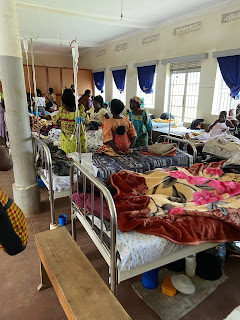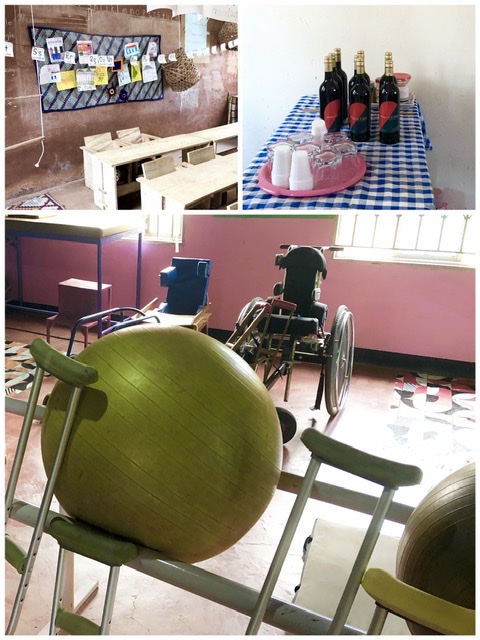Study Theme: Nutrition

Malnutrition: In a Land Plentiful of Food? By: Nicolas Cruz, Flavia Nalugya, Veena Thamilselvan In a country plentiful with food and subsistence farming, it is surprising to find that many children suffer from malnutrition. After visiting different hospitals and living with a homestay family in Rakai, we have come to build upon our knowledge of nutritional intake in rural and urban communities, along with administrative and cultural factors that affect malnutrition. During our time at Kalisizo Hospital, we had the opportunity to meet a nutritionist who educated us about the several barriers that prevent Ugandans from properly eating healthy and nutritious foods, these include: economic, cultural, and regional difficulties. Firstly, the nutritionist illustrated that eating healthy foods and having a balanced diet is not a priority of most citizens. She explained that the optimal diet in Uganda incl...





